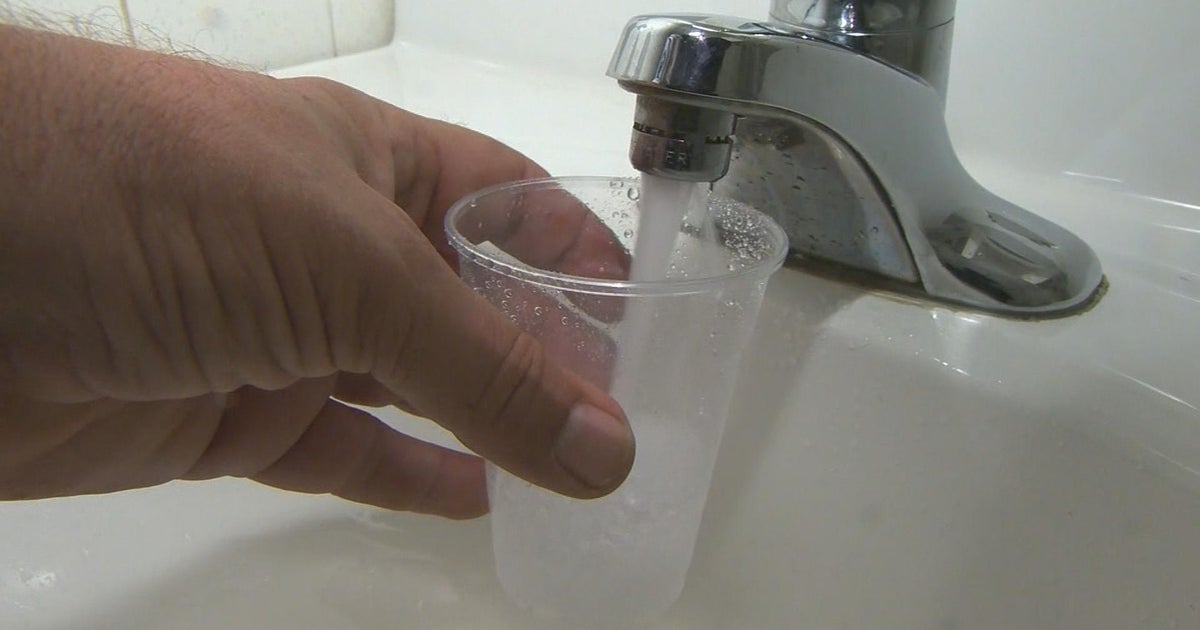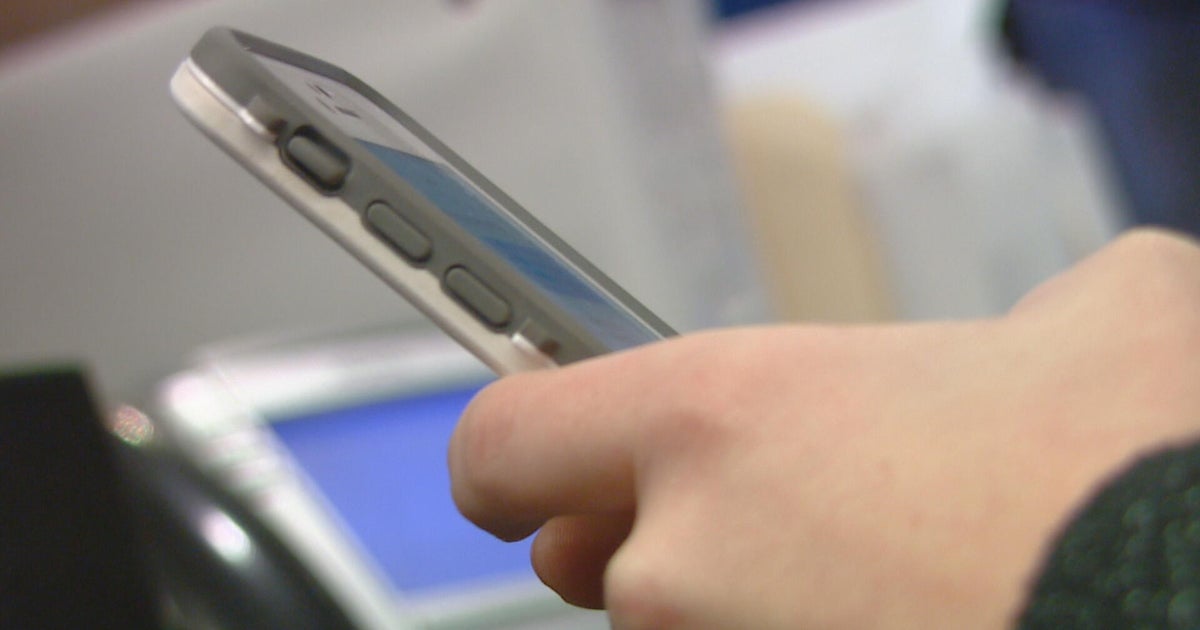Curious About Radiation Risks
If radiation causes cancer, why is radiation one of the treatments for cancer? - Richard, Worcester
It's a matter of degrees. What's happening in Japan is vastly different than radiation used in cancer treatments.
Targeted radiation can destroy cancer cells and shrink tumors, but it's dangerous, which is why cancer treatments using radiation can have such serious side effects. According to the National Cancer Institutes, research has shown just how much radiation parts of our bodies can handle during treatments and docs take that into account when designing cancer treatments.
But the radiation aimed at cancer cells can also damage healthy cells, so it's a difficult balancing act.
Radiation exposure from something like the crisis going on with Japanese reactors is a different story. They're desperately trying to tamp down radioactive emissions there. However, if they get too high, people can be effected in a variety of ways, including getting a variety of cancers over time.
Here's how the Environmental Protection Agency sums up the risks of radiation exposure at this level:
"If you are exposed to small amounts of radiation over a long time, it raises your risk of cancer. It can also cause mutations in your genes, which you could pass on to any children you have after the exposure. A lot of radiation over a short period, such as from a radiation emergency, can cause burns or radiation sickness. Symptoms of radiation sickness include nausea, weakness, hair loss, skin burns and reduced organ function. If the exposure is large enough, it can cause premature aging or even death."
So the stakes are extremely high in Japan.
It certainly has me worried. What about you?







